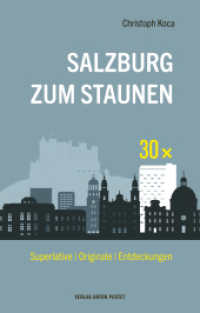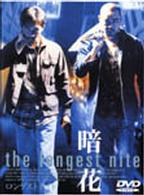Full Description
A fresh contribution to the ongoing debate between Kunstwissenschaft (scientific study of art) and Kunstgeschichte (art history), this essay collection explores how German-speaking art historians of the late nineteenth and early twentieth century self-consciously generated a field of study. Prominent North American and European scholars provide new insights into how a mixing of diverse methodologies took place, in order to gain a more subtle and comprehensive understanding of how art history became institutionalized and legitimized in Germany. One common assumption about early art-historical writing in Germany is that it depended upon a simplistic and narrowly-defined formalism. This book helps to correct this stereotype by demonstrating the complexity of discussion surrounding formalist concerns, and by examining how German-speaking art historians borrowed, incorporated, stole, and made analogies with concepts from the sciences in formulating their methods. In focusing on the work of some of the well-known 'fathers' of the discipline - such as Alois Riegl and Heinrich Wölfflin - as well as on lesser-known figures, the essays in this volume provide illuminating, and sometimes surprising, treatments of art history's prior and understudied interactions with a wide range of scientific orientations, from psychology, sociology, and physiognomics to evolutionism and comparative anatomy.
Contents
Contents: Introduction: German art history and scientific thought: beyond formalism, Mitchell B. Frank and Daniel Adler; Body-building: August Schmarsow's Kunstwissenschaft between psychophysiology and phenomenology, Andrea Pinotti; 'Look at your fish': science, modernism and Alois Riegl's formal practice, Margaret Olin; Heuristic constructs and ideal types: the Wölfflin/Weber connection, Joan Hart; The formalist's compromise: Wölfflin and psychology, Daniel Adler; Recapitulation and evolutionism in German artwriting, Mitchell B. Frank; The physiognomics of architecture: Heinrich Wölfflin, Hans Sedlmayr and Paul Schultze-Naumburg, Daniela Bohde; Materializing Strukturforschung, Ian Verstegen; Reine Wissenschaft: art history in Germany and the notions of 'pure science' and 'objective scholarship', 1920-1950, Christian Fuhrmeister; Bibliography; Index.








